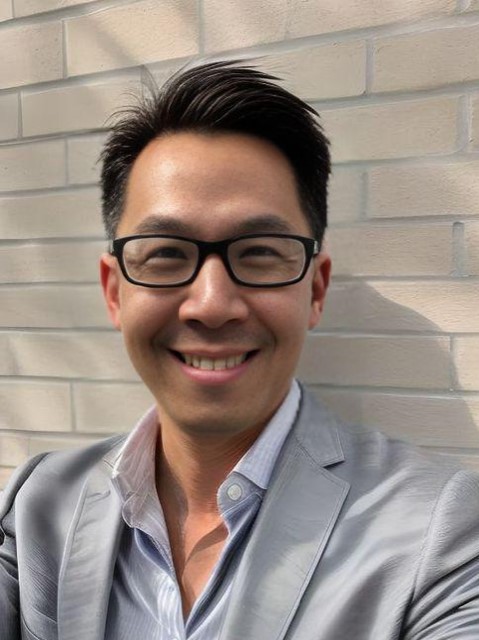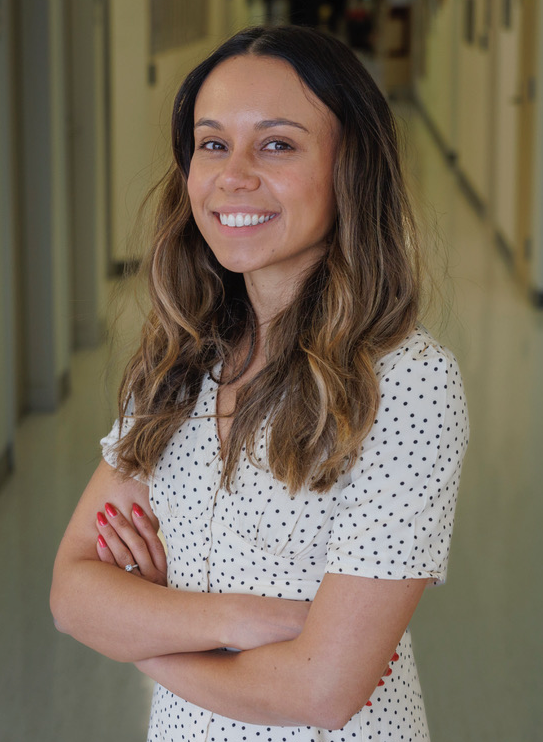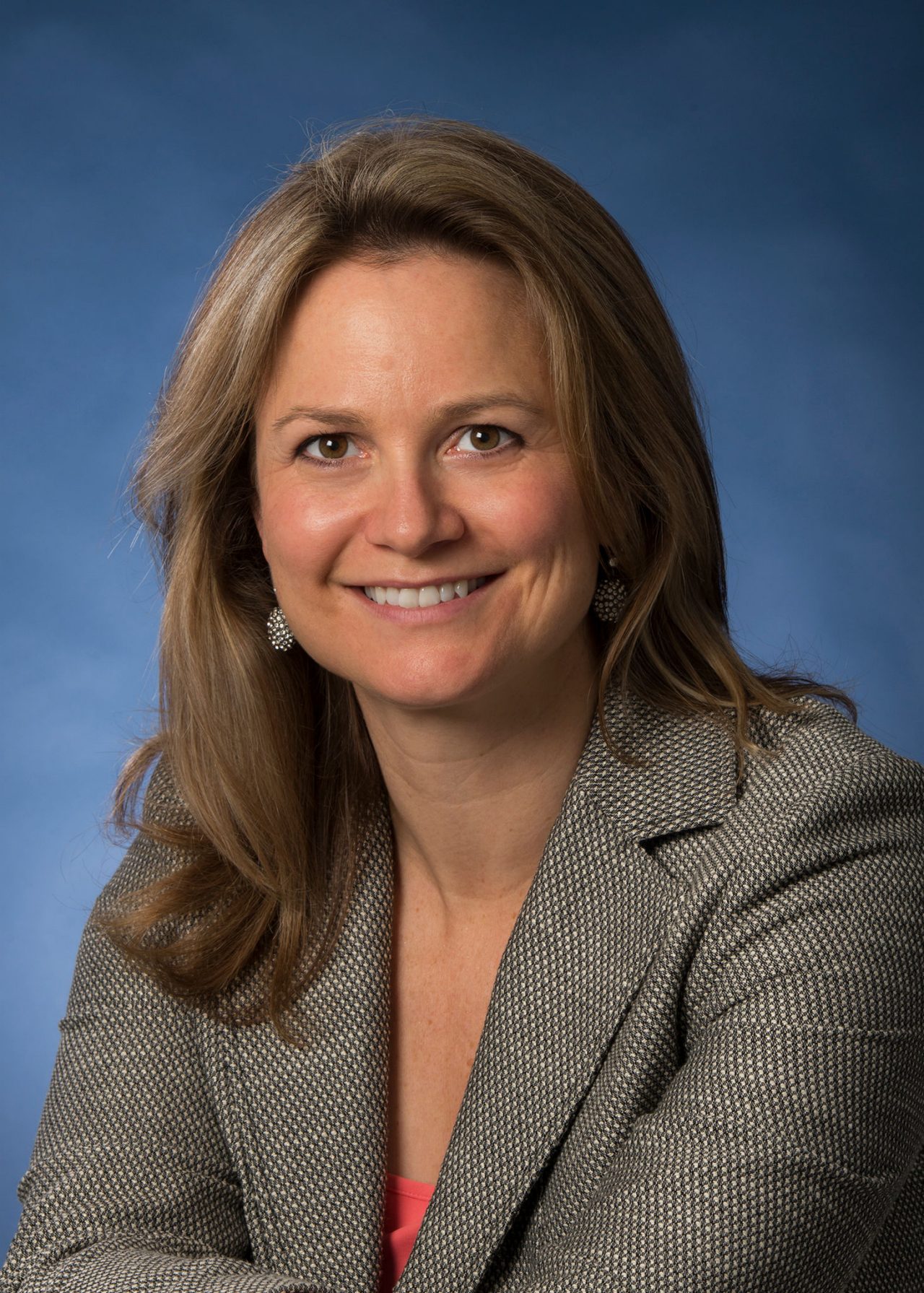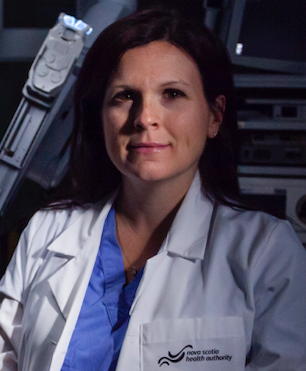- My MOC
- Directory
Menu
 3 MIN READ
3 MIN READ
We’re pleased to announce the recipients of the Royal College/Associated Medical Services CanMEDS Research Grant, the Dr. Karen Mann Catalyst Grant in Medical Education Research and the Medical Education Research Grant.
In partnership with the Associated Medical Services (AMS), this grant funds projects that leverage the 2015 CanMEDS Framework to advance the fields of residency education, continuing professional development and other health system-related areas of focus in Canada (e.g., health workforce planning).
Rene Wong, MD, FRCPC, PhD
“Exploring the role of patients in intraprofessional collaborative care: A qualitative study of physician-patient interactions in an academic teaching setting”

Dr. Rene Wong (submitted photo)
By exploring how power permeates physicians’ interactions with patients when providing intraprofessional collaborative care, this research will inform an understanding of how physicians’ interactions construct the patient role in particular ways and influence the hidden curriculum in medical education. The practical fruits of this work have the potential to inform the development of curricular initiatives and observable milestones relative to the Communicator, Advocate and Collaborator Roles.
The Dr. Karen Mann Catalyst Grant in Medical Education Research is intended for Royal College Resident Affiliates and early career clinician educators to encourage entry into medical education research through mentorship. By supporting this audience, this grant enables growth and excellence in medical education research for decades to come.
Sarah Cook, MBBS, FRCPC, BSc, PgDip MRCP(UK)
“Acculturating as an immigrant international medical graduate transitioning to practice in Canada: A grounded theory study”

Dr. Sarah Cook (submitted photo)
The challenges international medical graduates (IMGs) face in securing a Canadian residency position are well described. So too, are the challenges IMGs face in completing a Canadian residency program, which for some is marred by implicit/explicit biases and personal/professional isolation. However, little is known about the acculturation experiences of IMGs as they transition to practice (TTP), which for many will be within underserved communities, given provincially mandated return of service (RoS) contracts. For those IMGs of an immigrant background, how their immigrant status and intersectional identities impact their TTP experiences, remains unknown. This project will outline the interventions required at a postgraduate and continuous professional development level, that immigrant IMGs themselves have identified as needed to support their acculturation as they TTP in Canada. Furthermore, it may help us better understand, and therefore hopefully improve IMG retention within underserved communities upon completion of RoS.
Funding excellence in Canadian specialty medical education research, this grant of up to $50,000 supports projects that will advance the field of postgraduate medical education or continuing professional development.
Anna MacLeod, PhD
“Death and dying in postgraduate medical education: A longitudinal discourse analysis”

Anna MacLeod (submitted photo)
The transition to residency is a key milestone — and a challenging one. This longitudinal discourse analysis will follow a cohort of medical learners, whom the research team has been interviewing regularly since their first month of medical school, as they transition into residency. By using the emotionally complex experience of patient death as a focal point, the research aims to better understand how ideas about death and dying, as well as the broader aspects of medical education, evolve during this transition. The study will focus on how these evolving ideas influence the learners' developing professional identities, as well as their sense of well-being.
Carol-Anne Moulton, MBBS, PhD
"After the end came the beginning: Using identity theory to understand the experience of the aging and retiring surgeon”

Dr. Carol-Anne Moulton (submitted photo)
Surgical culture has historically been framed as tough and highly demanding, producing generations of surgeons who have adopted a stereotypical identity that is powerful, pervasive and largely homogenous. Medical education research has focused on identity formation in medical students and early career surgeons, showcasing the crucial nature of the surgical identity in both professional development and surgical culture. However, the impact of surgical culture and surgical identity on physicians at the other end of the spectrum has been largely neglected. By identifying the impact of long-term perceived centrality of the surgical identity, this study has the potential to expose the far-reaching implications of our current training culture and practice environments, shift our understanding of continued professional development, and provide greater support for retiring surgeons.
Stephanie Scott, MD, FRCSC, MHPE
"Navigating dual roles as parents and surgeons: An exploratory qualitative study of dual surgeon households”

Dr. Stephanie Scott (submitted photo)
There continues to be a gender gap in many surgical subspecialties with a chronic underrepresentation of women entering surgical training programs. Surgical training and the profession itself are often described as inhospitable for individuals desiring to become parents and women surgeons are more likely to experience work-home conflicts than their male colleagues. These challenges become more complex when partnered with another surgeon. Research on dual surgeon couples is sparse, particularly from a qualitative perspective. Recognizing this gap, we see an opportunity to enhance our understanding of how the roles of “parent” and “surgeon” interact in dual surgeon households through different career stages and how this dynamic may impact career choices and the experiences of surgeons and surgical trainees.